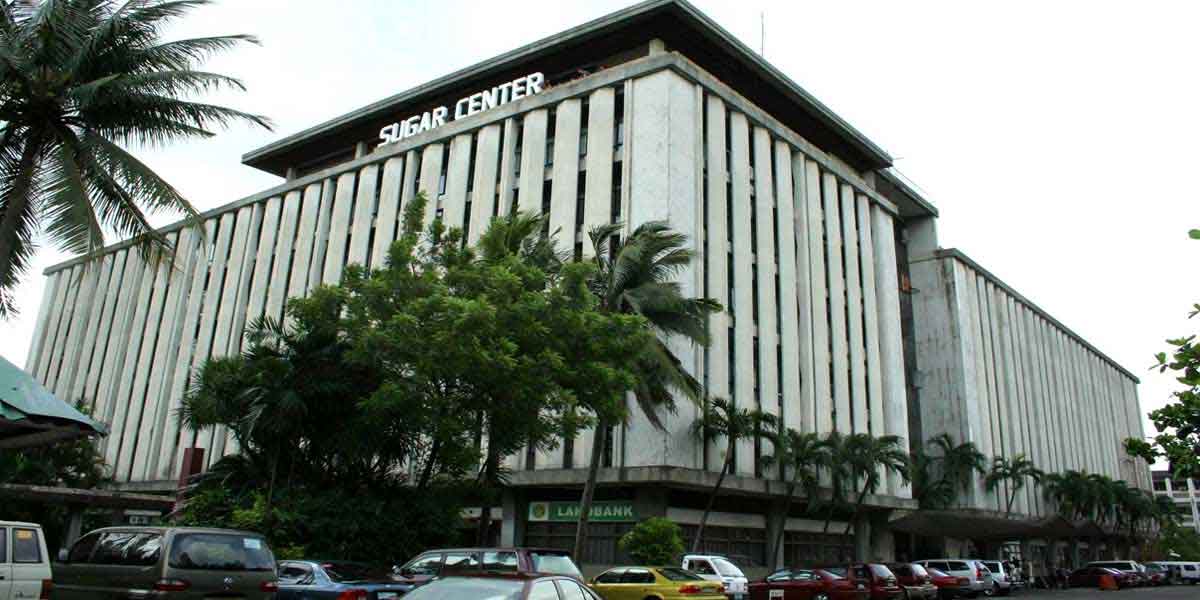By Herbert Vego
US President Joe Biden, in his just-concluded trilateral summit with President Ferdinand Marcos Jr and Japanese Prime Minister Fumio Kishida at the White House, reiterated the word “ironclad” to describe his country’s pledge to defend the Philippines from any attack amid repeated “bullying” by the China Coast Guard (CCG) at the West Philippine Sea.
The CCG has repeatedly blasted our boat people with water cannons in futile attempts to prevent them from delivering food supplies to our detachment manning the grounded ship BRP Sierra Madre in Ayungin Shoal, around 120 miIes west of Palawan.
In a sense, Biden was repeating the same defense commitment that former US President Barack Obama had uttered during a state dinner with the late President Benigno Simeon Aquino III in Malacañang on April 28, 2014.
That occasion saw the launching of the Enhanced Defense Cooperation Agreement (EDCA) aimed at giving the U.S military greater access to Philippine bases as a deterrent to invasion by foreign powers.
Expressing readiness to preposition fighter jets and ships, Obama declared, “Our goal is not to counter China. Our goal is not to contain China. Our goal is to make sure international rules and norms are respected and that includes the area of international disputes.”
Ten years have passed since Obama’s visit. Within that period, China has made its presence felt in shoals and atolls within our exclusive economic zone. It has already taken control of Scarborough Shoal, also known as Bajo de Masinloc, which used to be a rich fishing ground for Filipino fishermen.
Scarborough Shoal, a triangle-shaped chain of reefs and rocks which is only 120 nautical miles away from the province of Zambales, is believed to be rich in undersea natural resources, including oil, and gas.
The EDCA promise has taken shape with the emergence of four more military bases accessible to the United States, namely the Camilo Osias navy base in Sta Ana and Lal-lo airport (both in Cagayan province), Camp Melchor Dela Cruz in Gamu, Isabela, and the island of Balabac off Palawan.
These are in addition to the five revitalized sites – the Antonio Bautista Air Base in Palawan, Basa Air Base in Pampanga, Fort Magsaysay in Nueva Ecija, Benito Ebuen Air Base in Cebu and Lumbia Air Base in Misamis Oriental.
A recent news report said that the U.S. Army is planning to sponsor the construction of a port facility in the northernmost island province of Batanes in line with Malacañang’s announcement in February that it plans to bolster the nation’s defensive capacity.
Left unsaid is the intention of the US to boost American access to Taiwan, 376 kilometers away from Batanes, which it has vowed to protect against China’s invasion.
What is touted in the media is that the EDCA, which supplements the 1951 Mutual Defense Treaty (MDT), would modernize our weaponry to counterbalance the aggressive expansion of China’s military might at the South China Sea through acquisition of territories that are being claimed by Vietnam, Malaysia, Taiwan, Brunei and the Philippines.
China has already built artificial islands around three reefs in the Spratlys – Mischief, Subi Reef and Fiery Cross reefs – which have been fully militarized with warehouses, hangars, seaports, runways and radars.
This writer agrees on the need to repel China’s military expansion, not to engage in a war.
-oOo-
HOT WEATHER PLUS LIGHT RAINS MAY INTERRUPT POWER
AS the saying goes, “Experience is the best teacher.”
This was how Engr. Bernard Bailey Del Castillo, MORE Power’s vice president for network development and operations, learned what caused power interruptions affecting the Molo, Mobile, Megaworld, and Diversion substations last March 27 and April 12.
Upon thorough inspection of the power lines, Del Castillo found out that due to El Niño or long periods of hot weather followed by a light rain, dirt and salt had gathered around insulators, consequently causing sparks and power outages.
Linemen wasted no time in washing the affected facilities and replacing post insulators.
“Dirty insulators on our power lines are a big problem because when it lightly rains,” Del Castillo said, “they can cause sparks and outages. We need heavy rain to wash away the dirt.”
Now that they know, they would have to find ways and means to prevent occurrence of the same problem within this month when light rains are expected.
This necessitates scheduled power interruptions, details of which will be posted on MORE Power’s Facebook page.




















